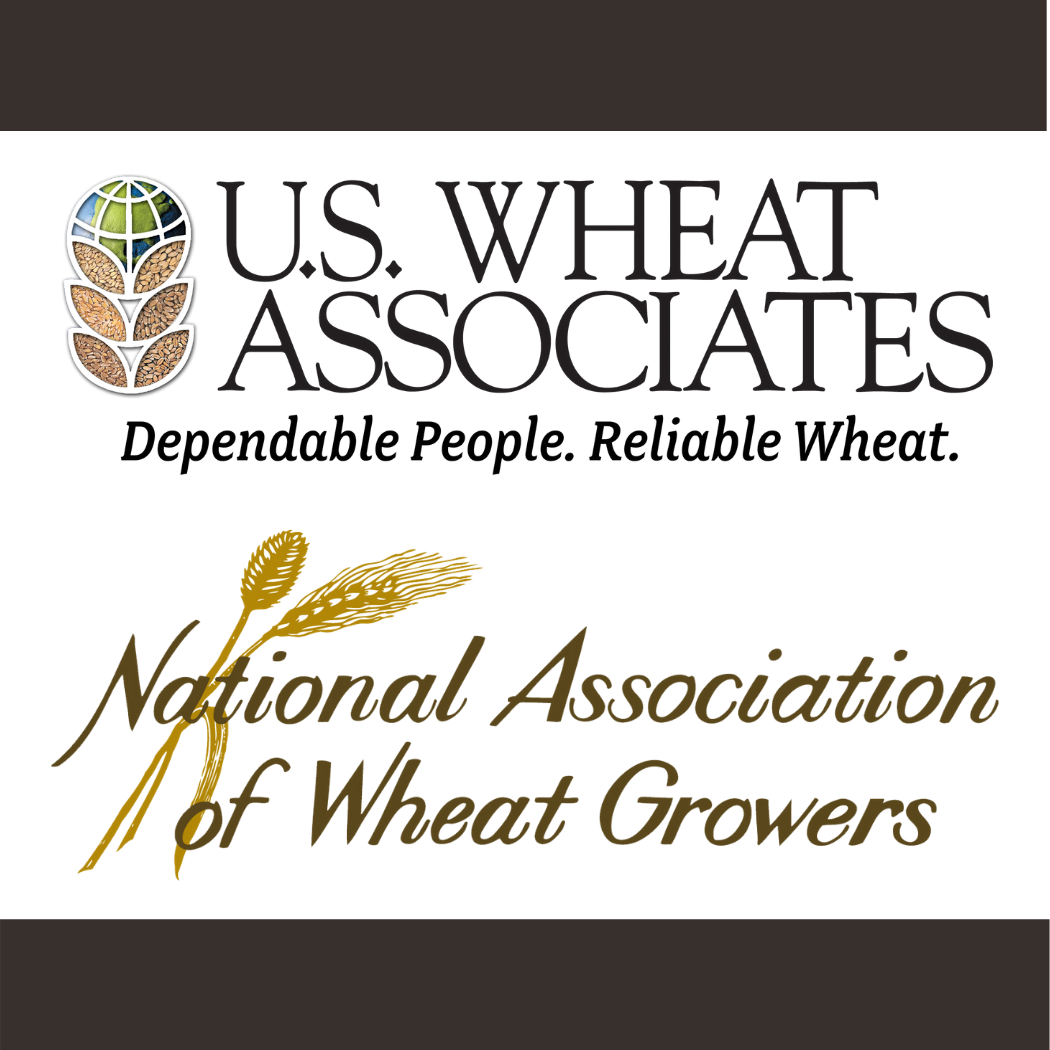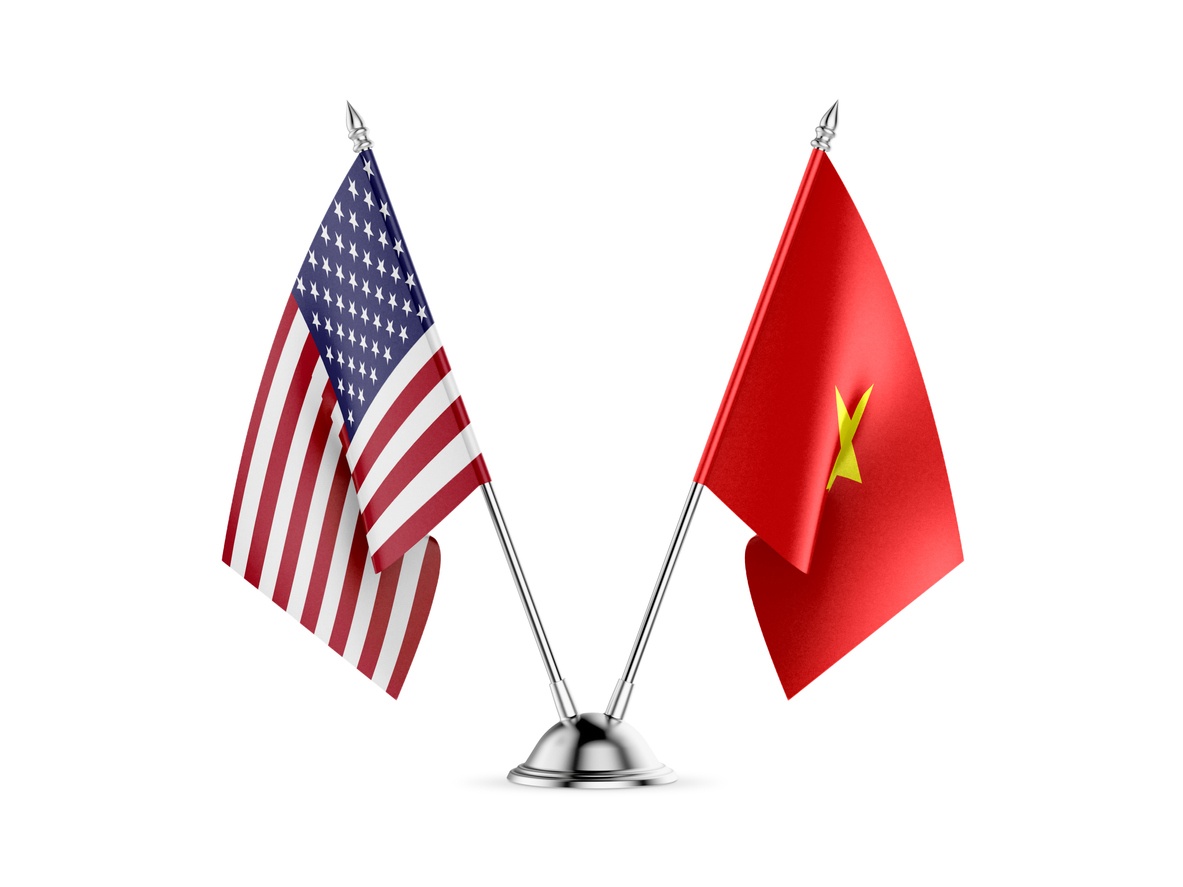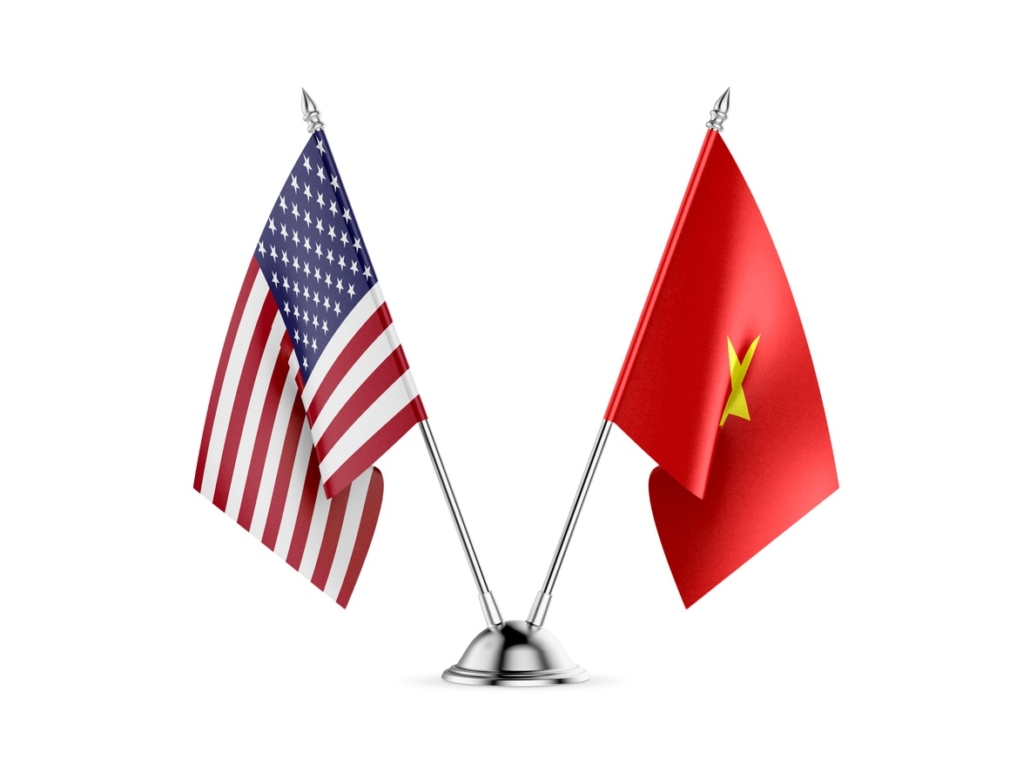ARLINGTON, Virginia – Following productive talks with the United States last year, the Vietnamese government eliminated a three percent U.S. wheat import tariff on Dec. 30, 2021. On Feb. 6, 2022, the first shipment of U.S. wheat purchased without a tariff arrived at port in Ho Chi Minh City, carrying more than 68,350 metric tons of soft white and hard red spring wheat grown in the Pacific Northwest and Northern Plains.
“With the import tariff reduced to zero, the Vietnamese buyer saved almost $1 million on this vessel load of U.S. wheat alone,” said Robert Hanson, Agricultural Counselor, USDA Foreign Agricultural Service, Hanoi. “We thank the Vietnam government for ending the tariff, a decision that will hold the line on food costs and help make U.S. wheat more competitive in Vietnam’s growing market.”
“The Foreign Agricultural Service worked hard to cut this barrier and level the playing field for U.S. wheat in Vietnam,” said Vince Peterson, President, U.S. Wheat Associates (USW). “Vietnam first reduced the U.S. wheat import tariff from five percent to three percent in July 2020. The talks continued until Vietnam published the final decree, and USDA and U.S. Trade Representative Katherine Tai announced in November 2021 that the tariff would be eliminated.”

A bulk vessel loaded with more than 68,000 metric tons of U.S. wheat purchased by Vietnamese flour millers after the Vietnam government eliminated a 3% U.S. wheat import tariff arrived in Ho Chi Minh City on Feb. 6, 2022. Eliminating the tariff helps make U.S. wheat imports more competitive with Australian and Canadian wheat. Photo courtesy USDA Foreign Agricultural Service.
Vietnam imports an average of about four million metric tons of wheat per year. Australia and Canada are large wheat suppliers to Vietnam and have enjoyed duty-free access to Vietnam for many years under regional trade agreements.
However, despite the applied U.S. wheat import tariff, Vietnamese millers doubled U.S. import volume to more than 520,000 metric tons between 2015 and 2021. In addition to soft white and hard red spring wheat, Vietnam imported U.S. hard red winter and soft red winter wheat in 2021. That returned about $130 million to U.S. farmers and the wheat supply industry.
“Eliminating the U.S. wheat import tariff came at the right time for Vietnam given the run-up in U.S. and global wheat prices,” said Peterson. “We will keep helping Vietnamese customers gain more value with the U.S. wheat supplies needed to meet the growing demand there for better quality wheat foods.”
# # #
About USW
U.S. Wheat Associates’ (USW) mission is to “develop, maintain, and expand international markets to enhance wheat’s profitability for U.S. wheat producers and its value for their customers.” USW activities in more than 100 countries are made possible through producer checkoff dollars managed by 17 state wheat commissions and cost-share funding provided by USDA’s Foreign Agricultural Service. USW maintains 15 offices strategically located around the world to help wheat buyers, millers, bakers, wheat food processors and government officials understand the quality, value and reliability of all six U.S. wheat classes. For more information, visit www.uswheat.org.




 Despite the tariffs, Vietnam’s imports of U.S. hard red spring (HRS), soft white (SW) and hard red winter (HRW) wheat exceeded 500,000 metric tons in marketing year 2020/21, second in volume only to Australia. Vietnam currently imports an average of more than 3 million metric tons of wheat per year.
Despite the tariffs, Vietnam’s imports of U.S. hard red spring (HRS), soft white (SW) and hard red winter (HRW) wheat exceeded 500,000 metric tons in marketing year 2020/21, second in volume only to Australia. Vietnam currently imports an average of more than 3 million metric tons of wheat per year.